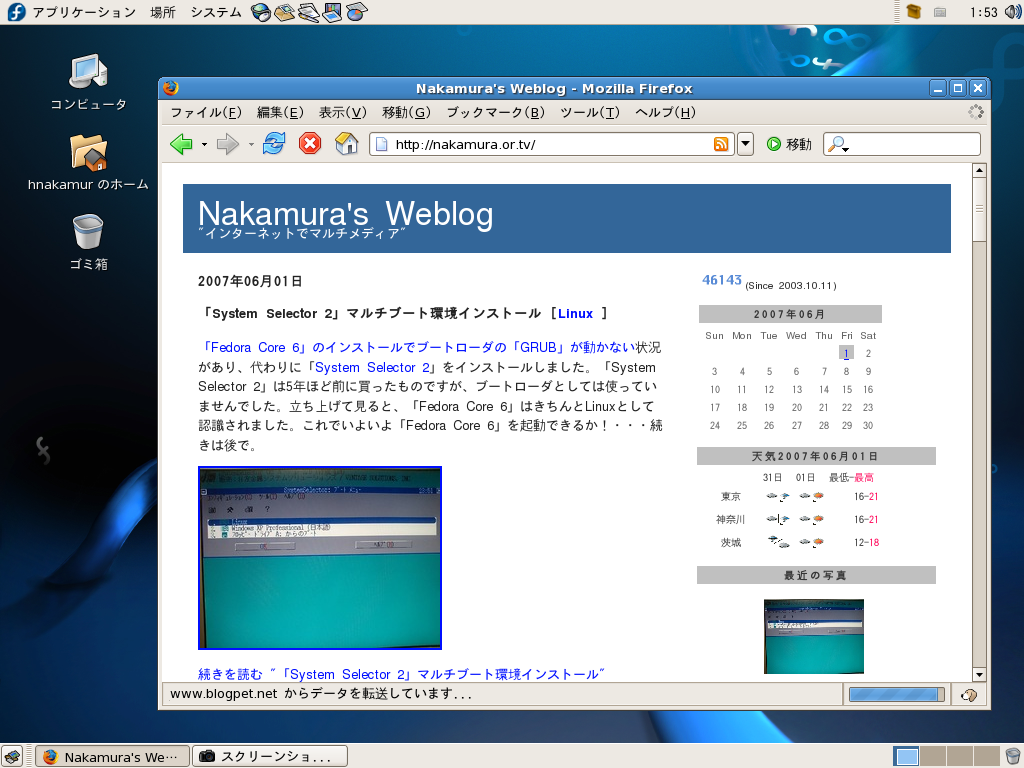

Understanding CPU cores and hyper threading in Linux This can result in a significant increase in performance.īut the number of CPU cores is not the same as the number of processors. This means that, if you have multiple CPU cores, your system can process multiple tasks at the same time. In Linux, a CPU core is essentially a processor. When you are trying to optimize your system for performance, it is important to understand the concept of CPU cores. The following commands can be used to check the number of CPU cores in Linux. Let’s get started! Methods to get number of CPU cores in Linux This is useful information to have if you are trying to optimize your system for performance.Įach method has its own advantages and disadvantages, so be sure to read through all of them before choosing the one that is best for you. Model Name: MacBook Air Model Identifier: MacBookAir6,2 Processor Name: Intel Core i5 Processor Speed: 1.3 GHz Number of Processors: 1 Total Number of Cores: 2 L2 Cache (per Core): 256 KB 元 Cache: 3 MB Memory: 8 GB Boot ROM Version: 04 SMC Version (system): 2.In this blog post, we will discuss 3 different ways to check the number of cpu cores in Linux. List CPU info with: $ system_profiler SPHardwareDataType

#Fedora cpuinfo free
The throughput was 4000mb/176sec = 22.73 MB/s CPU LinuxĬPU info is in the virtual file /proc/cpuinfo: $ cat /proc/cpuinfo processor : 0 vendor_id : GenuineIntel cpu family : 6 model : 45 model name : Intel(R) Xeon(R) CPU E5-2650 0 2.00GHz stepping : 7 microcode : 0x70d cpu MHz : 1795.672 cache size : 20480 KB physical id : 1 siblings : 2 core id : 2 cpu cores : 1 apicid : 36 initial apicid : 36 fpu : yes fpu_exception : yes cpuid level : 13 wp : yes flags : fpu de tsc msr pae cx8 sep cmov pat clflush mmx fxsr sse sse2 ss ht syscall nx lm constant_tsc rep_good nopl nonstop_tsc pni pclmulqdq ssse3 cx16 pcid sse4_1 sse4_2 x2apic popcnt tsc_deadline_timer aes hypervisor lahf_lm arat epb xsaveopt pln pts dtherm bogomips : 3591.34 clflush size : 64 cache_alignment : 64 address sizes : 46 bits physical, 48 bits virtual power management: processor : 1 vendor_id : GenuineIntel cpu family : 6 model : 45 model name : Intel(R) Xeon(R) CPU E5-2650 0 2.00GHz stepping : 7 microcode : 0x70d cpu MHz : 1795.672 cache size : 20480 KB physical id : 1 siblings : 2 core id : 2 cpu cores : 1 apicid : 36 initial apicid : 36 fpu : yes fpu_exception : yes cpuid level : 13 wp : yes flags : fpu de tsc msr pae cx8 sep cmov pat clflush mmx fxsr sse sse2 ss ht syscall nx lm constant_tsc rep_good nopl nonstop_tsc pni pclmulqdq ssse3 cx16 pcid sse4_1 sse4_2 x2apic popcnt tsc_deadline_timer aes hypervisor lahf_lm arat epb xsaveopt pln pts dtherm bogomips : 3591.34 clflush size : 64 cache_alignment : 64 address sizes : 46 bits physical, 48 bits virtual power management: Memory $ free total used free shared buffers cached Mem: 8014548 6649104 1365444 0 999756 3663824 -/+ buffers/cache: 1985524 6029024 Swap: 262136 27172 234964 MacOSX On the server, send a 4GB file to client: $ sudo time bash -c "(nc -w 3 1234 < tmp.dat)" real 2m56.656s user 0m1.612s sys 0m15.088s

On the client, run netcat listener: $ nc -l 1234 > tmp.dat Use netcat to transfer a 4GB file from one VM to another VM: Use dd to write bytes to disk: $ sync sudo time bash -c "(dd if=/dev/zero of=tmp.dat bs=8k count=500000 sync)"ĥ00000+0 records in 500000+0 records out 4096000000 bytes (4.1 GB) copied, 34.3706 s, 119 MB/s Network performance


 0 kommentar(er)
0 kommentar(er)
